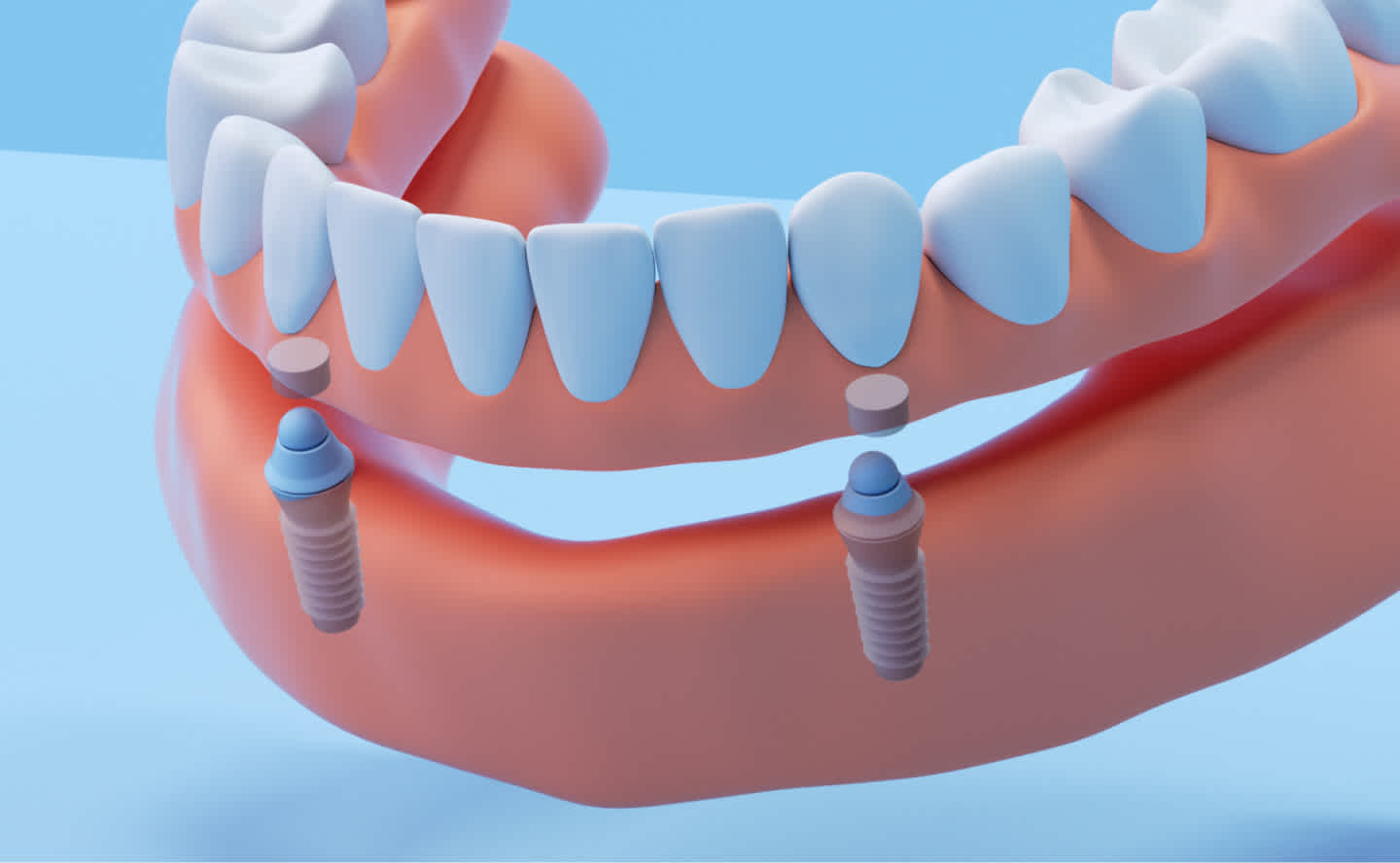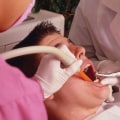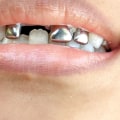As dentists, we play a crucial role in keeping children's oral health in check. We understand the importance of providing a range of services to maintain healthy teeth and gums.
From preventive care to restorative treatments, we are dedicated to promoting optimal oral health in young patients. Our expertise allows us to prevent tooth decay and gum disease through regular checkups, cleanings, and the application of fluoride treatments and sealants.
Join us as we explore the comprehensive care and guidance we provide to children, ensuring their oral health and overall well-being.
TLDR
- Regular checkups and cleanings help detect and prevent tooth decay and gum disease in children.
- Fluoride treatments and sealants are effective preventive measures to strengthen tooth enamel and provide long-lasting protection against cavities.
- Dentists provide tips for proper oral hygiene and offer nutrition counseling to educate children and parents on the importance of a healthy diet.
- In cases of dental problems, dentists offer restorative care such as fillings, crowns, root canals, and tooth extractions, ensuring the comfort of children through sedation options.
What Does a Dentist Do for Children
As dentists, we provide a range of services to ensure the oral health of children.
One of our key roles is preventive care, which involves regular checkups, cleanings, fluoride treatments, and sealants to prevent tooth decay and gum disease.
Additionally, we offer restorative care to address any dental issues such as cavities, broken teeth, or misalignment.
Preventive Care
When it comes to preventive care for children, dentists offer a range of services to keep their oral health in check. Regular cleanings and exams help to detect any early signs of tooth decay or gum disease.
Additionally, fluoride treatments and sealants provide an added layer of protection against cavities. Dentists also provide valuable nutrition counseling to educate children and parents on the importance of a healthy diet for maintaining strong and healthy teeth.
Cleanings and exams
During cleanings and exams, dentists proactively assess and maintain children's oral health. Regular cleanings are important for preventing cavities and gum disease in young children.
Routine dental exams offer several benefits, such as early detection of dental problems and the opportunity to educate children about proper oral hygiene. Dentists can also provide tips for maintaining oral health at home and make dental visits fun for kids.
Dental hygienists play a crucial role in children's oral health, assisting dentists during cleanings and exams.
Fluoride treatments
For children, a dentist provides fluoride treatments as part of their preventive care. Fluoride is a mineral that offers numerous benefits for oral health. During a fluoride application, the dentist will apply a fluoride gel or varnish to the teeth. This helps to strengthen the tooth enamel and prevent tooth decay.
Fluoride is safe and effective when used in the recommended dosage. Contrary to some myths, fluoride doesn't cause harmful side effects. Research supports the use of fluoride as an essential part of dental care for children.
Sealants
As we continue discussing preventive care in the article 'What Does a Dentist Do for Children', another important aspect to mention is the application of sealants by dentists.
Sealants provide numerous benefits for children's oral health, such as preventing tooth decay and cavities. The sealant procedure involves applying a thin layer of protective material to the chewing surfaces of the teeth.
This procedure is highly effective and can provide long-lasting protection. Additionally, sealants are cost-effective and require minimal maintenance.
They're a recommended preventive measure for children's dental health.

Nutrition counseling
As we continue our discussion on preventive care in the article 'What Does a Dentist Do for Children', let's delve into the importance of nutrition counseling provided by dentists to ensure optimal oral health for children.
Dentists educate children and their parents about the importance of nutrition and maintaining a healthy diet. They offer dental health tips and oral health education, emphasizing the significance of balanced meals and reducing sugar intake.
Dentists provide nutritional guidelines and suggest healthy snacks to help children develop good eating habits and understand the impact of their diet on their oral health.
Restorative Care
When it comes to restorative care for children, a dentist can perform fillings to repair cavities, place crowns on damaged teeth, and even perform root canals or extractions if necessary.
These procedures aim to restore the function and appearance of the child's teeth, ensuring their oral health and overall well-being.
A dentist is skilled in providing these restorative treatments and will work to make the experience as comfortable and stress-free as possible for the child.
Fillings
During a dental appointment, our team of dentists will assess and treat any cavities in your child's teeth using fillings. Fillings are a common restorative treatment for children that provide several benefits, including restoring the function and appearance of the tooth, preventing further decay, and reducing tooth sensitivity.
Common reasons for fillings in children include tooth decay, cavities, and chipped or broken teeth. Alternative treatments for cavities include dental crowns and root canals.
To prevent cavities, it's important to practice good oral hygiene, limit sugary foods and drinks, and visit the dentist regularly. Signs that a child may need a filling include tooth sensitivity, pain, and visible holes or discoloration on the tooth surface.
The cost of fillings for children can vary depending on the type of filling used and the extent of the treatment. While fillings are generally safe, there are some risks and complications to be aware of, such as allergic reactions and tooth sensitivity.
The long-term effects of fillings in children can include improved oral health and prevention of further dental problems.
Crowns
Now let's move on to discussing how dentists provide restorative care for children, specifically with regards to crowns.
Crowns are a common treatment option for children with extensive tooth decay or damage. While there are alternatives to crowns, such as fillings, crowns are often chosen for their durability and long-lasting benefits. Pediatric crown materials are designed to be strong and resistant to wear.
The crown placement process involves removing decayed or damaged tooth structure and placing a custom-made crown over the tooth. Crowns for baby teeth are important for maintaining proper oral health and function. They can last several years with proper maintenance, including regular brushing and flossing.
The cost of pediatric crowns can vary depending on factors such as the material used and the complexity of the case. However, it's important to note that there are some risks associated with pediatric crowns, such as potential damage to the underlying tooth structure.
Root canals
We perform root canals to treat children in need of restorative care. Some important information about root canals for children includes:
Root canal alternatives: In some cases, there may be alternative treatments to a root canal, such as baby teeth extraction.
Sedation dentistry: We offer sedation options to help children feel more comfortable during root canal procedures.
Dental trauma: Root canals may be necessary if a child experiences dental trauma, such as a severe tooth fracture.
Orthodontic treatment: Root canals may be performed as part of orthodontic treatment to ensure optimal oral health.
Extractions
As part of our restorative care for children, we address the need for extractions when necessary. Tooth extraction is the removal of a tooth from its socket in the bone. We understand that this procedure can be daunting for children, so we offer sedation options to ensure their comfort.
After the extraction, we provide post-extraction care instructions to promote healing and prevent complications. We also discuss tooth preservation and replacement options, including pediatric oral surgery for wisdom tooth extraction.
It's important to note that tooth extractions can have an impact on oral health, and we're here to guide children and their parents through the process.
Frequently Asked Questions
At What Age Should a Child First Visit the Dentist?
We recommend that children have their first dental visit around the age of one. It's important to start early to promote good dental hygiene, prevent tooth decay, and address any teething problems or dental anxiety they may have.
Are Dental X-Rays Safe for Children?
Dental x-rays are safe for children when proper safety protocols are followed. Dentists use advanced equipment to minimize radiation exposure. X-rays aid in diagnosis and help identify dental issues early. Parental consent is important.
What Should Parents Do if Their Child Is Afraid of Going to the Dentist?
When a child is afraid of going to the dentist, we can help by using coping strategies, anxiety management, and distraction techniques. Building trust, sedation options, communication skills, positive reinforcement, play therapy, gradual exposure, and parental support are also effective in easing their fears.
How Often Should a Child Have Their Teeth Cleaned by a Dentist?
We recommend regular dental check-ups for children to maintain optimal dental hygiene. Our preventive care, including cleanings, fluoride treatments, and dental sealants, helps prevent cavities and promotes healthy brushing habits.
Can a Dentist Help With Orthodontic Issues in Children?
Yes, a dentist can help with orthodontic issues in children. They provide early intervention, orthodontic appliances, and bite correction to ensure proper growth and development. Pediatric dentistry offers dental braces and comprehensive oral health care, including dental exams, preventive care, and dental treatment.







